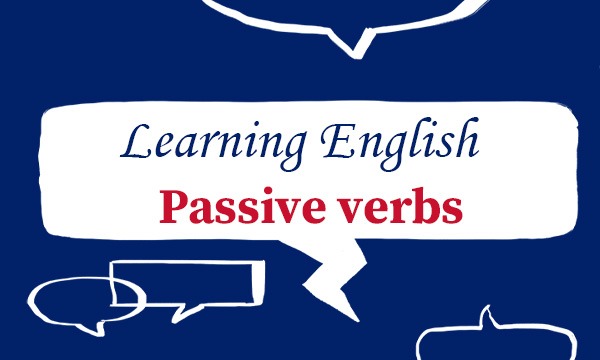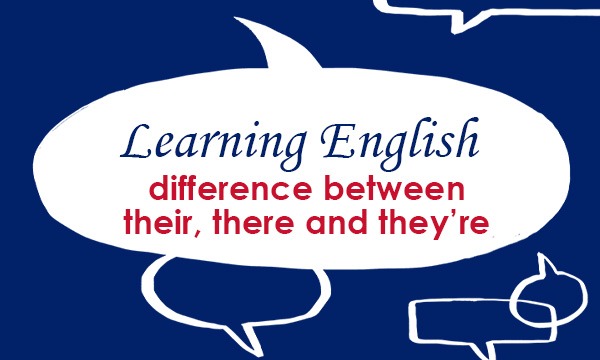
Passive verbs are made from a form of be + the past participle of a main verb. In the passive, the form of the auxiliary verb be indicates the tense.
They sell cheap computer games here.
Cheap computer games are sold here.
They took him to the police station for questioning.
He was taken to the police station for questioning.
Some verbs are only or mostly used in the passive, e.g. be born and be deemed.
The film was deemed unsuitable for younger audiences.
My brother and I were born in Wales.
The verb in a passive sentence has the word that would normally be its object in the position of the subject. When a verb has two objects, either the indirect object or the direct object of the active verb may become the subject of the passive verb.
I’ve been offered a place at university.
We were given a second chance.
If the indirect object is mentioned after the passive verb, the sentence must use to. Some verbs that are often used this way are: give, offer, lend, promise, sell, and tell.
The building has been sold to property developers.
The medal is awarded to students who have shown academic excellence.
When you want to report what is or was generally understood or accepted by a group of people, you can use the impersonal passive.
The suitcase was found to be empty.
The money is thought to be missing.
The rumour is believed to be true.
The form it + passive + that can be used when you do not want to mention the source of a report or rumour.
It is reported that over a hundred people died in the explosion.
It is said that his income is over £200 a minute.
In informal English, a type of passive is sometimes made with get instead of be.
How did that teapot get broken?
Our cat got run over last week.
Get is also used to form a small set of passive verbs in contexts which are not informal (or ‘neutral’), e.g. get dressed, get married, get lost.
Harriet got lost on the underground.
When are you two getting married?
There is another kind of verbal group that is like the passive, because the person who carries out the action of the main verb is not the person who is the subject of the clause. It expresses the idea that the subject caused or ordered someone to take the action mentioned.
We are having the garage door replaced.
She had her hair cut short.
They did not have the carpet cleaned after all.
It has the form: have + direct object + past participle.
Compare:
Ralph repaired his car = Ralph did the work.
Ralph had his car repaired = He paid someone else to do the work.
For further information on English Grammar, visit: https://grammar.collinsdictionary.com/easy-learning
Come back for other blogs on using English in everyday situations: https://blog.collinsdictionary.com/language-learners/learning-english
All opinions expressed on this blog are those of the individual writers, and do not necessarily reflect the opinions or policies of Collins, or its parent company, HarperCollins.



